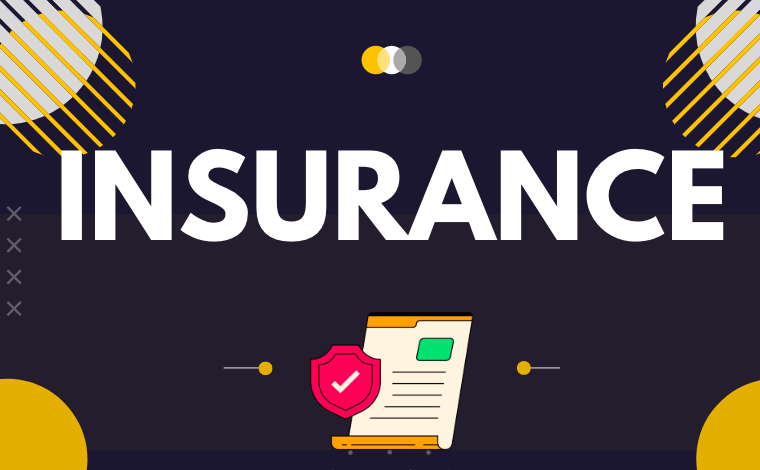In today’s uncertain world, insurance plays a crucial role in protecting individuals, families, and businesses from unforeseen risks. Whether it’s health, life, auto, home, or business insurance, finding the right coverage at an affordable price is essential. This comprehensive guide aims to demystify the process of buying insurance, providing you with the knowledge and tools to make informed decisions that suit your needs and budget.
Understanding Your Insurance Needs
Before diving into the intricacies of insurance policies and premiums, it’s important to assess your specific needs. Insurance is designed to provide financial protection against potential losses, so start by considering the following:
- Risk Assessment: Identify the risks you face personally or as a business. For instance, do you drive frequently? Are you prone to health issues? Do you own a home or business that could be damaged or face liability claims?
- Legal Requirements: Certain types of insurance, such as auto insurance, may be legally mandated. Make sure you understand your obligations under local laws.
- Financial Obligations: Evaluate your financial commitments. Are there dependents who rely on your income? Do you have debts or loans that need to be covered in case of your incapacity or death?
Types of Insurance Coverage
Insurance can be broadly categorized into several types, each serving different purposes:
- Health Insurance: Covers medical expenses and sometimes preventive care.
- Life Insurance: Provides financial support to beneficiaries in case of the insured person’s death.
- Auto Insurance: Protects against financial loss in case of accidents, theft, or damage to your vehicle.
- Homeowners/Renters Insurance: Covers damage or loss to your home and belongings.
- Business Insurance: Protects businesses from financial losses due to risks such as property damage, liability claims, or interruption of operations.
Factors Influencing Insurance Costs
Several factors influence insurance premiums, including:
- Age and Health: Younger, healthier individuals typically pay lower premiums for health and life insurance.
- Driving Record: A clean driving record can lead to lower auto insurance premiums.
- Location: Crime rates, weather risks, and local regulations can impact home and auto insurance costs.
- Coverage Limits and Deductibles: Higher coverage limits and lower deductibles generally result in higher premiums.
- Credit Score: In some regions, credit history can affect insurance rates.
Steps to Buying Insurance
Now that you have a clearer understanding of your insurance needs and the factors that affect premiums, follow these steps to buy the right insurance at the right price:
- Research: Compare insurance providers, policies, and premiums. Utilize online tools and resources to gather quotes and understand coverage options.
- Assess Coverage Needs: Determine the appropriate level of coverage based on your risk assessment and financial situation. Avoid underinsuring or overinsuring yourself.
- Review Policy Details: Carefully read through policy documents. Pay attention to coverage limits, exclusions, deductibles, and any additional benefits or riders.
- Ask Questions: Don’t hesitate to ask insurance agents or brokers for clarification on terms, conditions, and costs. Understand how claims are processed and what is required from you in case of an incident.
- Consider Bundling: Many insurers offer discounts if you purchase multiple policies (e.g., auto and home insurance) from them. Explore bundling options to save on premiums.
- Review Regularly: Insurance needs can change over time due to life events, financial changes, or regulatory updates. Periodically review your policies to ensure they still meet your needs and are competitively priced.
Tips for Saving on Insurance Premiums
While ensuring adequate coverage is crucial, there are ways to manage costs effectively:
- Increase Deductibles: Opting for a higher deductible can lower your premium, but be prepared to pay more out-of-pocket in case of a claim.
- Improve Security Measures: Installing safety features in your home or vehicle can reduce the risk of theft or damage, potentially lowering insurance premiums.
- Maintain a Good Credit Score: In regions where permitted, maintaining a good credit history can lead to lower insurance rates.
- Take Advantage of Discounts: Insurers often offer discounts for factors like bundling policies, safe driving records, or maintaining a certain level of health.
- Shop Around Annually: Insurance premiums can vary widely between providers. Periodically compare quotes to ensure you’re getting the best deal.
Conclusion
Buying the right insurance at the right price requires careful consideration of your specific needs, thorough research, and understanding of policy terms and costs. By following the steps outlined in this guide and staying informed about insurance options, you can protect yourself, your family, or your business from financial hardships without overpaying for coverage. Remember, insurance is an investment in peace of mind and financial security, so make your choices wisely to ensure you’re adequately protected at a price that fits your budget.
